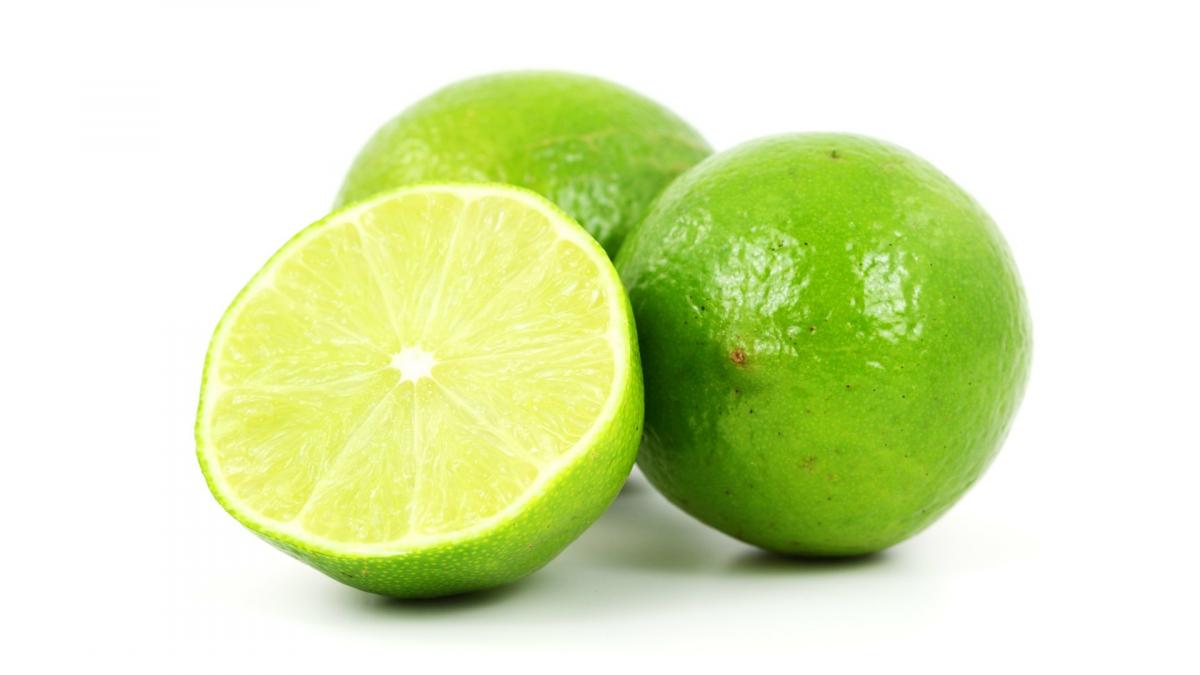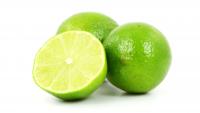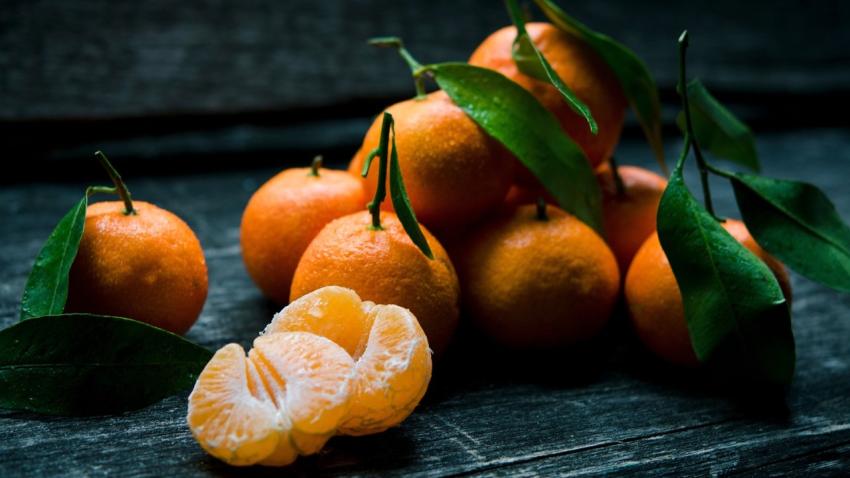You are here
Back to topXiangshui Lemon Prices Double in Guangdong, Demand Exceeds Supply

According to a report from China’s CCTV news channel, lemon wholesale prices in the city of Jiangmen in Guangdong province have recently been on the rise — in particular, prices for the “Xiangshui” seedless lemon variety have doubled. According to the report, one 100-hectare Xiangshui lemon growers cooperative in Enping in the Jiangmen area has not only seen prices double but is also unable to keep up with demand. Currently, China’s wholesale prices for locally produced Xiangshui lemons are at an all-time high.
The majority of Guangdong’s Xiangshui lemons are produced in the Jiangmen area, mainly concentrated in Enping and Taishan. According to the director of one professional lemon cooperative in the city of Enping, from July to October of last year the purchase price of Xiangshui lemons was approximately 14 Chinese yuan ($2.14) per kilogram, before dropping to less than 4 yuan ($0.61) per kilogram in November. Now, however, Xiangshui lemon wholesale prices have climbed as high as 30–32 yuan ($4.58–4.88) per kilogram.
The main reason for this rapid increase in lemon prices is the reduced output caused by last year’s dry weather in Guangdong province, coupled with significant frost damage. As a tropical fruit variety, Xiangshui lemons require a relatively high amount of moisture. At the Xinhui District Fruit Wholesale Market in Jiangmen, Xiangshui lemon dealers told reporters that in the past, wholesale lemon prices usually hovered at around 8–10 yuan ($1.22–1.53) per kilogram, whereas now they are paying approximately 34–36 yuan ($5.19–5.49) per kilogram.
In China, the past few years have seen a significant uptick in demand for lemons from companies that typically purchase fruit from the lower end of the market, such as milk tea and fruit juice manufacturers. Fruit tea drinks and various similar beverages are currently witnessing large sales volumes, which has also driven up the demand for lemons. This rising demand has compounded the effect of the falling production output, resulting in the doubled lemon prices seen recently. Xiangshui lemons are known for their fragrant green skin, seedless flesh, sweet refreshing flavor, lack of bitterness or astringency and particularly rich aroma, hence their name — Xiangshui means “perfume” in Chinese. They are also known in China as “seedless lemons.” The refreshing Xiangshui lemon is also an indispensable ingredient for many Western-style restaurants, cafés and manufacturers of tea-based beverages, which has created steady market demand. Judging from the current situation on the local Guangdong market, this rapid rise in lemon prices has not impacted lemon sales volumes.
China currently has over 53,000 hectares of land dedicated to growing lemons, representing 5.74% of the world’s total lemon-growing land area and making China the world’s second-largest producer of lemons, after only Mexico. Both production and sales of Chinese lemons have been rising quite rapidly in the past few years. China’s main lemon-producing provinces are Sichuan and Yunnan; the largest lemon-growing region is Anyue County in Sichuan, followed by Dehong in Yunnan and Tongnan in Chongqing. The main varieties currently grown in China are Eureka lemons, Xiangshui lemons, Taiwan limes and Beijing lemons. In terms of the domestic consumer market, lemon demand has outstripped supply for quite some time. To meet this demand, China also imports large volumes of lemons every year, with the main supplying countries including the United States, Mexico and New Zealand. In 2018, China’s total lemon output reached 673,000 tons, with production volume for 2019 remaining more or less the same.
Image: Pixabay
This article was translated from Chinese. Read the original article.













Add new comment